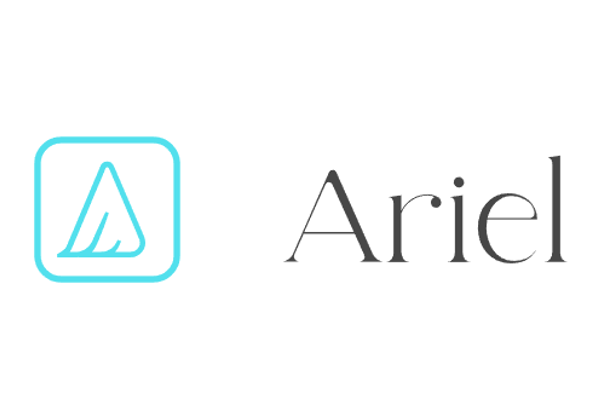Project summary
Smart homes use advanced AI and assistive technologies, but the privacy of people who live and work in these homes is often neglected. This project aims to develop a human-centered perspective on privacy concerns of persons with disabilities, in the context of living in NDIS-supported smart homes. This will be achieved through ethnographic field studies of participants and their carers and co-design activities involving participants, the researchers and other stakeholders. Successful outcomes will be a strong empirical understanding of existing privacy concerns of stakeholders and co-developed technology solutions to support human-centered digital rights and responsibilities in the assisted living context.
Project description
NDIS’s Specialist Disability Accommodation (SDA) scheme enables young persons with a disability and very high support needs to live in privately-owned homes that increasingly have AI-based assistive features. There are currently 15,000 [1] NDIS participants waiting for SDA homes and an emergent need to explore alternative and efficient ways to provide care to such a population. While AI has been seen as a game-changer in the automation and defense sectors, AI’s role in health and care-focused settings requires deeper engagement with humans, especially when the focus is on vulnerable population i.e. people with disability. The problems with AI have been shown to cause marginalization [2] and privacy violations [3].
Ariel Care Pty Ltd our partner organization has developed a suite of AI technologies that can support assistive independent living for persons living in SDA. The figure presents their vision, where an aerial device, a smart-bed and a home communication device would be able to detect falls, changes in body temperature and track general safety, among others. With such immersive technologies placed in smart homes, it is important to understand, at the early stage of design, how persons with disability would perceive and feel about their safety and privacy.

With a team of transdisciplinary UQ researchers and Ariel Care Pty Ltd, this project aims to study privacy and safety concerns of the people who live in such accommodations and co-develop User Interface solutions that can provide human-centered privacy support. We aim to treat this work as a case-study to develop generalizable guidelines and policy documents for the disability sector.
METHODOLOGY
This project will apply user-centered design methodology and will feature three phases:
Phase 1: Develop an initial understanding of privacy expectations with technology (4 months) This phase aims to understand stakeholders’ needs and requirements with regards to their privacy and safety concerns from assistive technologies and their current experiences and challenges of engaging with it. An in-depth ethnographic study will be conducted, using a mix of interviews and observations, involving NDIS participants, and their carers. It is intended that around 10-15 participants will be involved in this study. The outcome of this phase will be an empirical understanding of human-centered privacy in people with disability.
Phase 2: Co-Develop User Interface prototypes of the AI suite (4 months) A co-design workshop with 15-20 participants will be run to co-develop a set of assistive technology concepts with NDIS participants, carers, and relevant stakeholders such as family members, AI developers, and NDIS policy experts. The outcome of this phase will be refined versions of assistive technology proofs of concept and their early evaluations and feedback from stakeholders.
Phase 3: Guidelines, Policy and Future Opportunities (4 months) Development of concrete design guidelines to support human-centered privacy for persons with disability; a white paper on NDIS SDA accommodation will be written to highlight important policy related issues around digital rights and responsibilities. This work will be led by the team members located in Centre for Policy Futures.
INNOVATION
The findings of this project have the potential to bring disruptive changes in the way Australians with disability receive care and treatment. A portable and customizable AI suite will make care accessible to all Australians. By enabling 'home care' support, the project could ultimately reduce hospital and treatment costs.
Partner organization(s)
Reference
[1] https://ministers.dss.gov.au/media-releases/7471
[2] Eubanks V. Automating inequality: How high-tech tools profile, police, and punish the poor. St. Martin's Press; 2018.
[3] Zuboff S. The age of surveillance capitalism: The fight for a human future at the new frontier of power: 2019.







